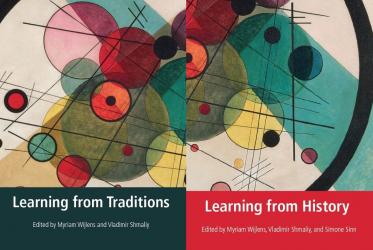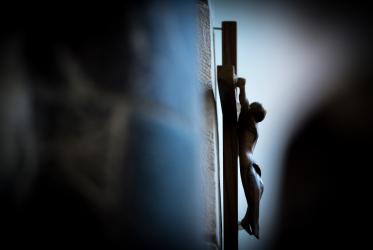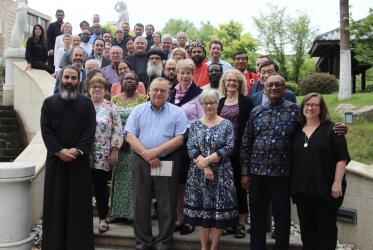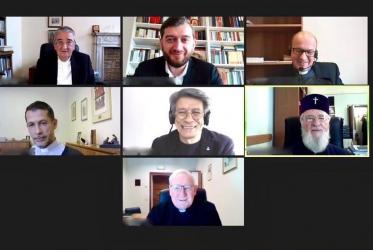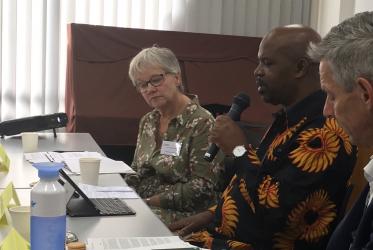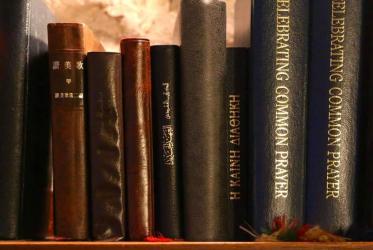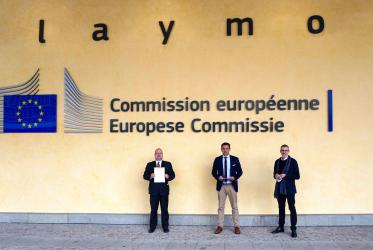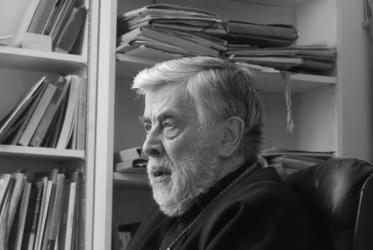Displaying 161 - 180 of 354
WCC Faith and Order Commission to convene online
12 January 2021
Bilateral dialogue “an activity of the churches themselves”
29 October 2020
Webinar - "The role of bilateral dialogues within the one ecumenical movement: experience and results"
27 October 2020
https://www.oikoumene.org/live
Ecumenical statement on migration received by European Commission
25 September 2020

